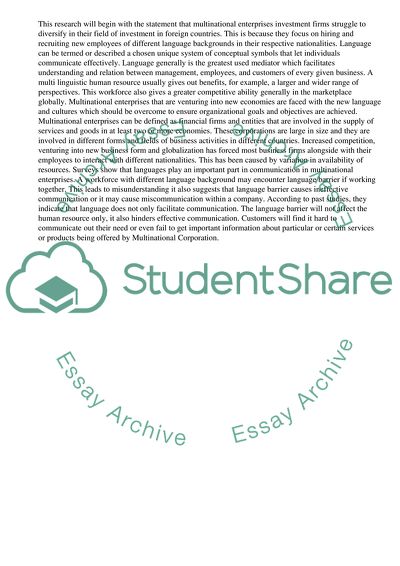Cite this document
(“Effects of Language Difference on Subsidiary Performance Essay - 1”, n.d.)
Effects of Language Difference on Subsidiary Performance Essay - 1. Retrieved from https://studentshare.org/business/1695794-international-business-strategy
Effects of Language Difference on Subsidiary Performance Essay - 1. Retrieved from https://studentshare.org/business/1695794-international-business-strategy
(Effects of Language Difference on Subsidiary Performance Essay - 1)
Effects of Language Difference on Subsidiary Performance Essay - 1. https://studentshare.org/business/1695794-international-business-strategy.
Effects of Language Difference on Subsidiary Performance Essay - 1. https://studentshare.org/business/1695794-international-business-strategy.
“Effects of Language Difference on Subsidiary Performance Essay - 1”, n.d. https://studentshare.org/business/1695794-international-business-strategy.


